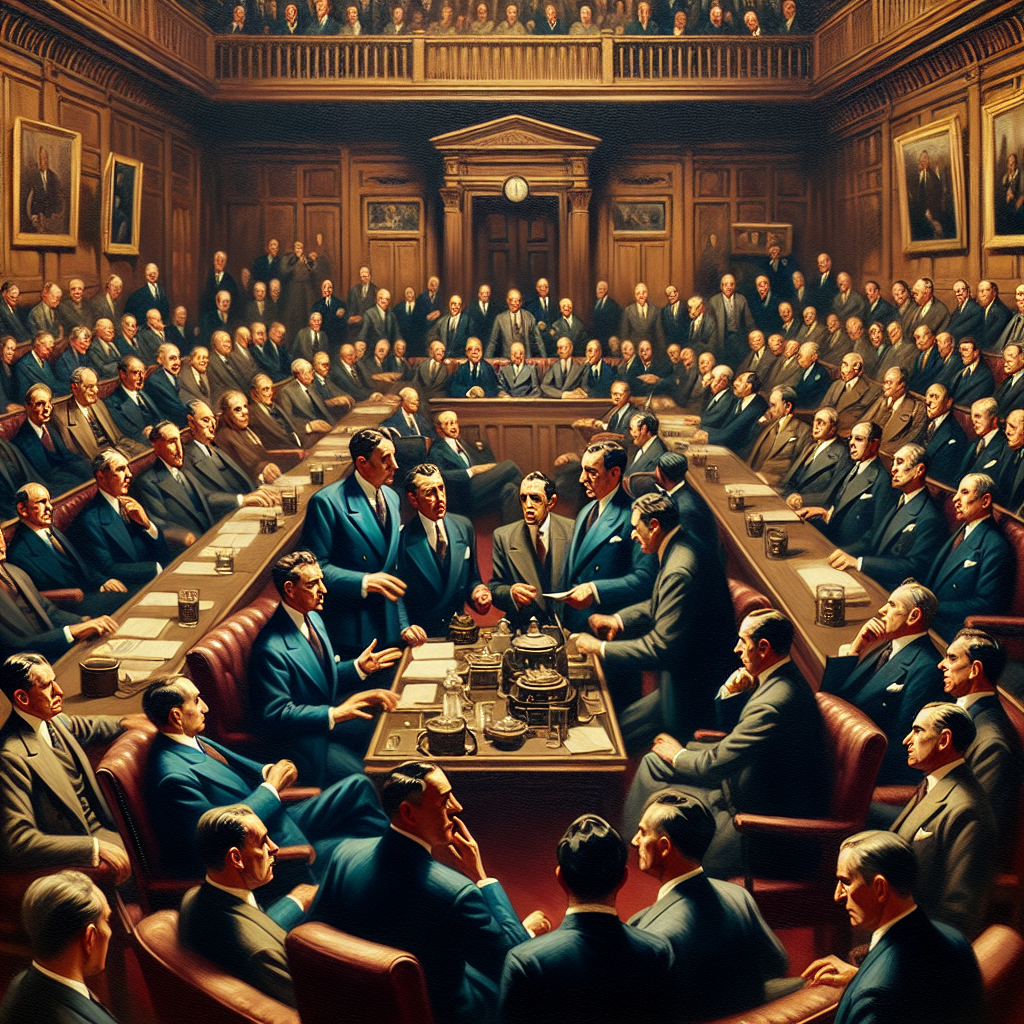
House Votes to Censure Rep. Al Green for Disrupting Trump’s Congressional Address
In a recent move, the Republican-controlled House has voted to censure Rep. Al Green, D-Texas, following his disruption of President Donald Trump’s address to Congress. This notable event highlighted the political tension that continues to define Congress’s interactions. The vote result of 224-198 saw 10 Democrats siding with all Republicans, indicating strong bipartisan sentiments towards public conduct norms.
The Vote Dynamics
The proceedings unfolded with Rep. Al Green, at 77 years old, sitting alone towards the chamber’s center aisle. The roll call ended with Green standing solemnly in the well as Speaker Mike Johnson, R-La., read the censure resolution aloud. A symbol of support, numerous Democrats joined Green in the well, with members of the Congressional Black Caucus breaking into the solidarity anthem, “We Shall Overcome,” against calls for order.
- The decision saw 10 moderate Democrats voting in favor of the censure.
- These Democrats include notable figures such as Ami Bera and Jim Costa of California, and Jim Himes of Connecticut.
- As the situation escalated, House Speaker Johnson recessed the session amid the discord.
Rep. Al Green’s Response
Despite the reprimand, Rep. Green remained committed to his actions. Reflecting his commitment to advocacy, Green, a former NAACP local president, articulated that his protests stemmed from heartfelt conviction. “People are suffering, and I was talking about Medicaid,” he emphasized, suggesting that his priorities lay in addressing constituents’ needs.
Green’s old-guard civil rights stance, inspired by his association with the late Rep. John Lewis, reflected his dedication to peaceful protest as a means of political expression.
Censure and Consequences
A Congressional censure represents a formal disapproval but does not strip a member of their House rights or privileges. This instance marked Green as the 28th member in the House’s history to receive such an admonishment. Each censure stands as a historic marker of Congressional decorum expectations.
Precedents in Recent History
- In December 2023, Rep. Jamaal Bowman, D-N.Y., faced censure for activating a fire alarm absent of fire.
- Furthermore, a resolution against Rep. Rashida Tlaib, D-Mich., in November 2023, followed her comments on the Hamas attack.
- Of note, Rep. Paul Gosar, R-Ariz., was censured in 2021 following a concerning animated post depicting violent imagery against Democrats.
The Road Ahead
The narrative surrounding Rep. Green might see further developments. The far-right House Freedom Caucus announced intentions for a new resolution seeking Green’s removal from the House Financial Services Committee. As the political landscape continues to evolve, Speaker Johnson is expected to bring this motion to the floor soon, further shaping Congressional dynamics.
This event underscores the role of censure in highlighting political ideology clashes and the broader implications of individual actions within the hallowed halls of Congress. In a time marked by significant division, actions such as Green’s continue to stoke debate regarding both the method and meaning of dissent.
Concluding Thoughts
As a dedicated and long-serving representative known for his progressive stances, Rep. Al Green’s actions in Congress reflect not just dissent but a deep-rooted passion for representing the disenfranchised. His protest resonates with a long history of civil rights struggles while bringing into sharp focus the accountability measures Congress holds over its members.
Sources: https://www.nbcnews.com/politics/congress/house-votes-censure-rep-al-green-disrupting-trumps-speech-congress-rcna195020

